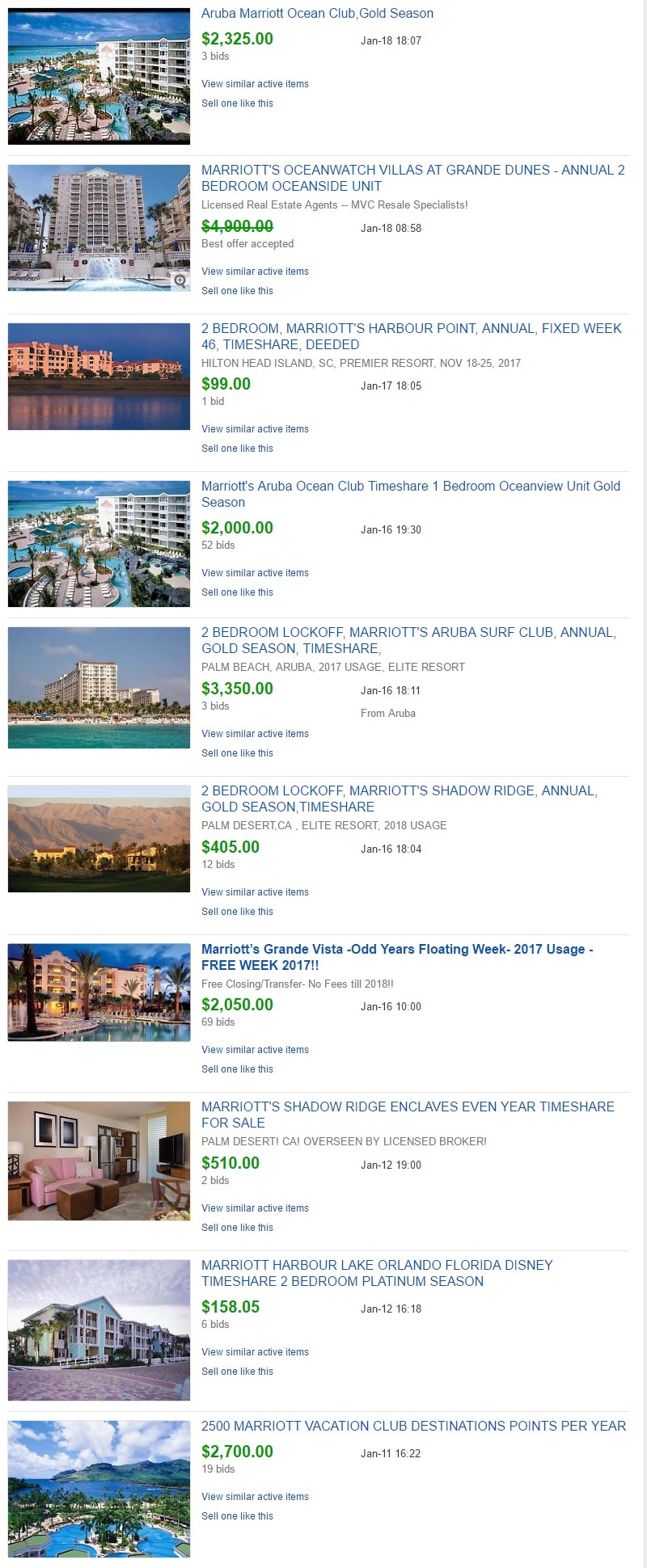While the points system offers users with increased trip options, there is a broad disparity in between the points allocated to various vacation resorts due to the previously mentioned aspects included. Timeshares are usually structured as shared deeded ownership or shared rented ownership interest. Shared deeded ownershipgives each buyer a percentage share of the physical property, corresponding to the time period purchased.
To put it simply, purchasing one week would confer a one-fifty-second (1/52) ownership interest in the unit while 2 weeks would provide a one-twenty-sixth (1/26) interest and so on. Shared deeded ownership interest is often kept in perpetuity and can be resold to another party or willed to one's estate. Shared leased ownership interest entitles the buyer to utilize a specific home for a fixed or drifting week (or weeks) each year for a specific variety of years.
Property transfers or resales are likewise more restrictive than with a deeded timeshare. As an outcome, a rented ownership interest may have a lower value than a deeded timeshare. Based upon the above, it is evident that holding a timeshare interest does not necessarily indicate "fractional ownership" of the underlying home.
The principle of fractional ownership has also been encompassed other properties, such as private jets and rvs. According to ARDA, 2019 was the 9th straight year of development for the U.S. timeshare industry, with $10. 2 billion in sales and $2. 4 billion in revenue from its 1,580 resorts.
However, in any dispute of the benefits of timeshares vs. Airbnb, the reality is that both have specific attributes that appeal to 2 divergent and enormous demographic cohorts. The primary appeal of Airbnb and other home-sharing sites is in their versatility and capability to supply unique experiencesattributes that are treasured by the Millennials.
In addition, since most Airbnb leasings are residential in nature, the facilities and services found in timeshares may be unavailable. Timeshares usually use predictability, convenience and a host of facilities and activitiesall at a price, of course, but these are qualities frequently cherished by Baby Boomers. As Infant Boomers with deep pockets begin retirement, they're likely to buy timeshares, joining the millions who currently own them, as a stress-free choice to spend part of their golden years.
Nevertheless, there are some distinct disadvantages that investors must consider before participating in a timeshare contract. Many timeshares are owned by large corporations in desirable trip places. Timeshare owners have the peace of mind of knowing that they can trip in a familiar location every year without any undesirable surprises.
Fascination About How Much Is A Disney Timeshare
In contrast to a normal hotel space, a timeshare residential or commercial property is most likely to be considerably bigger and have much more features, helping with a more comfortable stay. Timeshares may hence appropriate for individuals who prefer vacationing in a predictable setting every year, without the inconvenience of venturing into the unknown in regards to their next holiday.
For a deeded timeshare, the owner likewise has to the in proportion share of the regular monthly mortgage. As an outcome, the all-in costs of owning a timeshare might be rather high as compared to staying for a week in an equivalent resort or hotel in the exact same area without owning a timeshare.

In addition, a timeshare contract is a binding one; the owner can https://a.8b.com/ not ignore a timeshare contract due to the fact that there is a modification in his or her monetary or individual situations. It is notoriously hard to resell a timeshareassuming the agreement permits for resale in the first placeand this lack of liquidity may be a deterrent to a prospective investor.
Timeshares tend to depreciate rapidly, and there is a mismatch in supply and demand due to the variety of timeshare owners seeking to exit their agreements. Pros Familiar location every year with no undesirable surprises Resort-like facilities and services Avoids the trouble of reserving a new getaway each year Cons Continuous expenses can be significant Little flexibility when changing weeks or the contract Timeshares are hard to resell Aggressive marketing practices The timeshare industry is notorious for its aggressive marketing practices.
For instance, Las Vegas is filled with timeshare online marketers who attract customers to listen to an off-site timeshare discussion (how to rent a timeshare). In exchange for listening to their pitch, they offer incentives, such as free occasion tickets and complimentary hotel lodgings. The salespeople work for property designers and regularly employ high-pressure sales techniques developed to turn "nays" into "yeas." The prices designers charge are substantially more than what a buyer might understand in the secondary market, with the designer surplus paying commissions and marketing costs.
Because the timeshare market is rife with gray areas and questionable business practices, it is crucial that prospective timeshare purchasers perform due diligence prior to purchasing. The Federal Trade Commission (FTC) outlined some fundamental due diligence steps in its "Timeshares and Getaway Strategies" report that must be perused by any potential purchaser.
For those looking for a timeshare home as a holiday option instead of as a financial investment, it is rather likely that the very best deals may be found in the secondary resale market instead of in the main market developed by holiday residential or commercial property or resort developers.

Not known Incorrect Statements About How Much Does It Cost To Get Out Of A Timeshare
At one point or another, we've all received invitations in the mail for "free" weekend vacations or Disney tickets in exchange for listening to a brief timeshare presentation. Once you remain in the space, you quickly realize you're trapped with a very gifted sales representative. You understand how the pitch goes: Why pay to own a place you just go to when a year? Why not share the expenditure with others and settle on a time of year for each of you to utilize it? Prior to you understand it, you're thinking, Yeah! That's exactly what I never understood I needed! If you have actually never ever endured high-pressure sales, welcome to the major leagues! They know precisely what to say to get you to buy in.
6 billion dollar industry as of completion of 2017?(1) There's a lot at stake and they actually want your cash! However is timeshare ownership actually all it's broken up to be? We'll show you whatever you need to understand about timeshares so you can still enjoy your hard-earned cash and time off.
But what they do not point out are the growing maintenance charges and other incidental expenses each year that can make owning one intolerable. how to get a free timeshare vacation. Once you boil this soup down to the meat and potatoes, there are actually simply two things to consider about timeshares: the kind of agreement and the type of ownershipor who owns the property and how it works for you to visit your timeshare.
Do you have the deed or does somebody else? Shared deeded contracts divide the ownership of the residential or commercial property between everyone included in the timeshare. You understand, like a deed that you share. Each "owner" is usually connected to a particular week or set of weeks they can utilize it. So, considering that there are 52 weeks in a year, the timeshare company might technically sell that a person unit to 52 various owners.